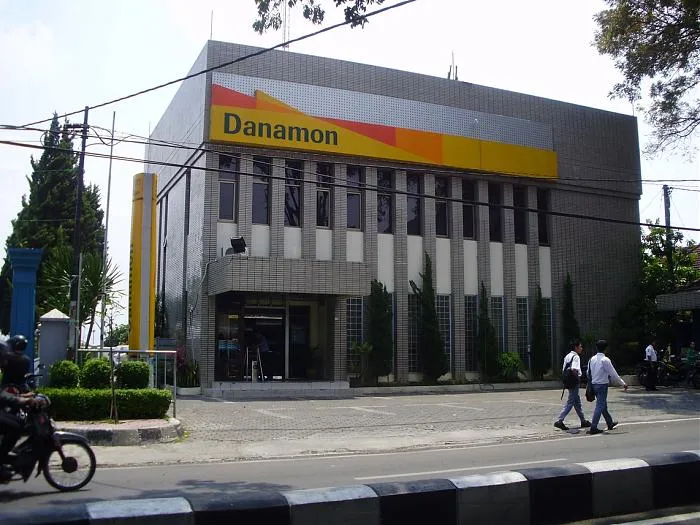
Indonesian banks' short-term risks persist despite economic pick-up
Asset quality and profitability will remain under pressure.
A likely pick-up in Indonesia's economy could translate in stronger bank performance over the medium term, says Fitch Ratings. However, asset quality and profitability may still remain under pressure over the next few quarters - and, for now, the sector remains on negative outlook.
Indonesia's economic outlook is slowly improving. We expect real GDP growth to accelerate to 5.3% in 2017, from 5.0% in 2016, driven by a pick-up in public investment and the lagged effects of previous monetary policy easing. The renewed push on structural reform should support business investment. Headwinds from the downturn in the commodity sector are also fading.
Here's more from Fitch:
The operating environment for banks should gradually become less challenging as economic conditions strengthen, and we expect some signs of stabilisation in bank performance in 2017. Loan demand has remained weak so far in 2017, but a slight pick-up is likely by year end.
We also expect profitability to bottom out, despite credit costs remaining high, with the return-on-assets (ROA) of large banks likely to remain flat at around 1.8%. This is lower than before the commodity price collapse, but still high compared with regional peers.
However, Indonesian banks face a number of short-term risks that could still add to pressure on their performance this year. On the external side, the Federal Reserve's tightening cycle - which we expect to involve two more rate hikes this year - creates uncertainty over the stability of the rupiah. A weaker rupiah would make it more difficult for domestic borrowers to service foreign currency-denominated debt, which account for around 15% of bank loans.
The main domestic risk is the banks' large stock of restructured loans. The Indonesian authorities relaxed rules on restructuring loans in 2015, which helped banks to avoid a sharper rise in NPLs during the worst of the commodity-sector downturn. Most restructuring involved an extension of loan maturities. Slippage of these loans, and other lingering effects of the commodity sector downturn, could put additional pressure on NPL ratios - which, in any case, are likely to remain high at 3.0% on average for the large banks.
The strong capitalisation of large banks acts as a buffer against these risks. Their average Tier 1 ratio was a healthy 19.0% at end-2016, and most of them would have already met the Basel III requirements if the maximum additional capital charges were applied at end-2016.
Meanwhile, proposed bail-in measures are creating uncertainty over bank ratings that are driven by sovereign support. The lack of clarity on whether the regulations might include provisions for the bail-in of senior creditors is one reason why the recent upward revision of Indonesia's sovereign rating, in December 2016, does not necessarily create upward rating potential for state-owned banks. The authorities are due to provide details by next month.













 Advertise
Advertise










